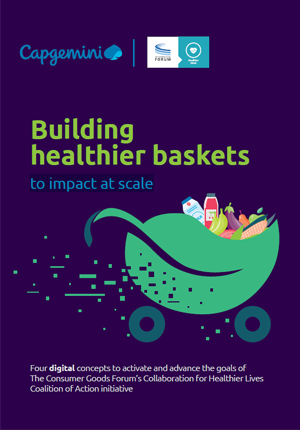When it comes to healthy living, research shows that behavior modification is not a wholly rational process – meaning that one’s ability to change is not based solely on knowledge or a cost-benefit analysis, but on a complex mix of emotional drivers, environmental circumstances, and social influences. Further, there are barriers that often stand in the way of change, making it difficult for people to start a wellness journey or commit to healthy choices over the long term.
Viewing change within this context underscores the idea that behavior cannot be modified through simple solutions. For example, sharing information about the nutritional value of foods may help build individual awareness and knowledge, but it will not address the deep, systemic issues preventing healthy eating like access or cost. Instead, effective health and wellness programs must be holistic, creating an environment for change and addressing a multitude of social, cultural, and biological issues.
The concepts outlined in this paper are designed with this strategy in mind. Equal parts fun and effective, rational and emotional, inspiring and aspiring, the solutions presented here – Decoded, Better Together, Contextual Cart, and Simul-ate – create the opportunity, capability, and motivation needed for change while addressing known barriers. They are meant to simplify the complex and sometimes conflicting world of “healthy living,” breaking down this lofty goal into incremental steps and creating clear and consistent paths forward and rewarding progress over time. In this way, these programs help drive lasting, sustainable change by constantly reinforcing the journey to healthy living.
Download the full report.
